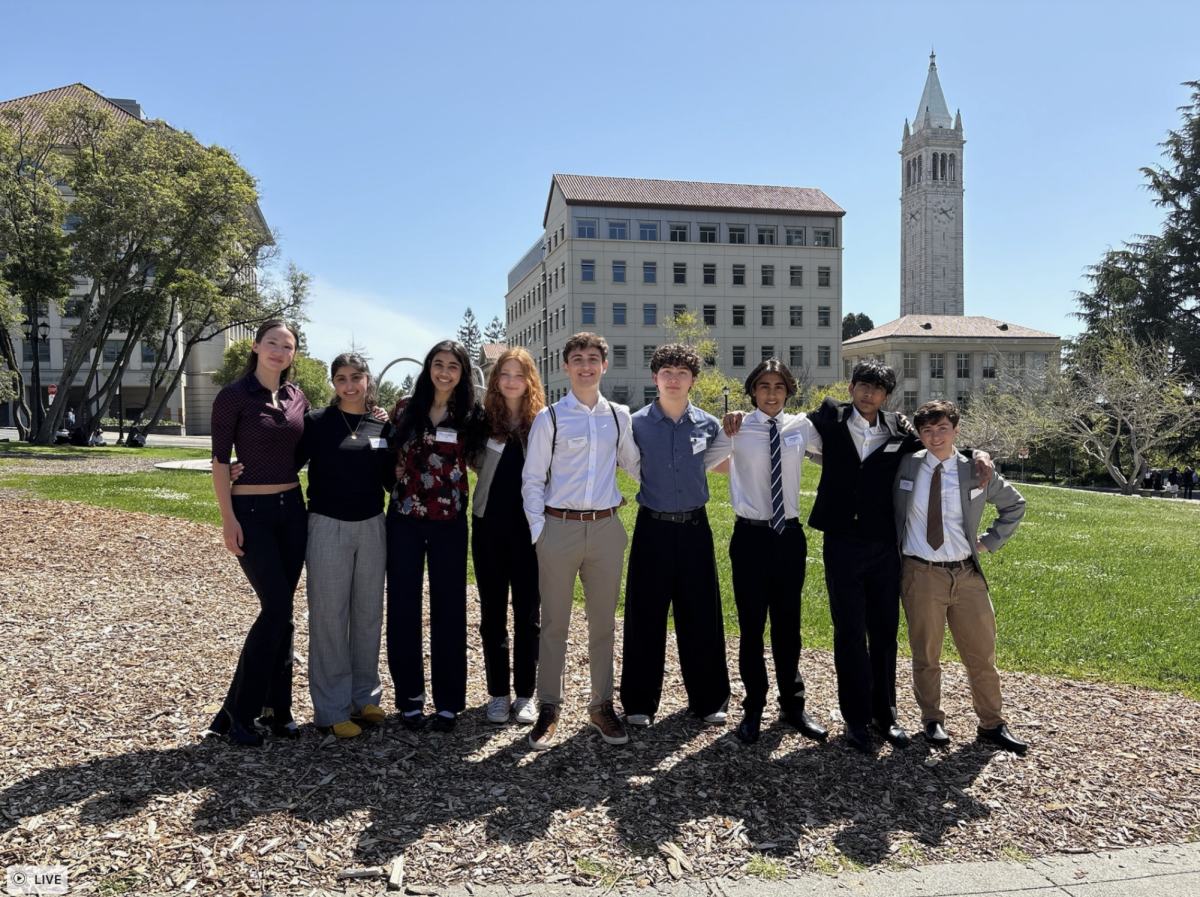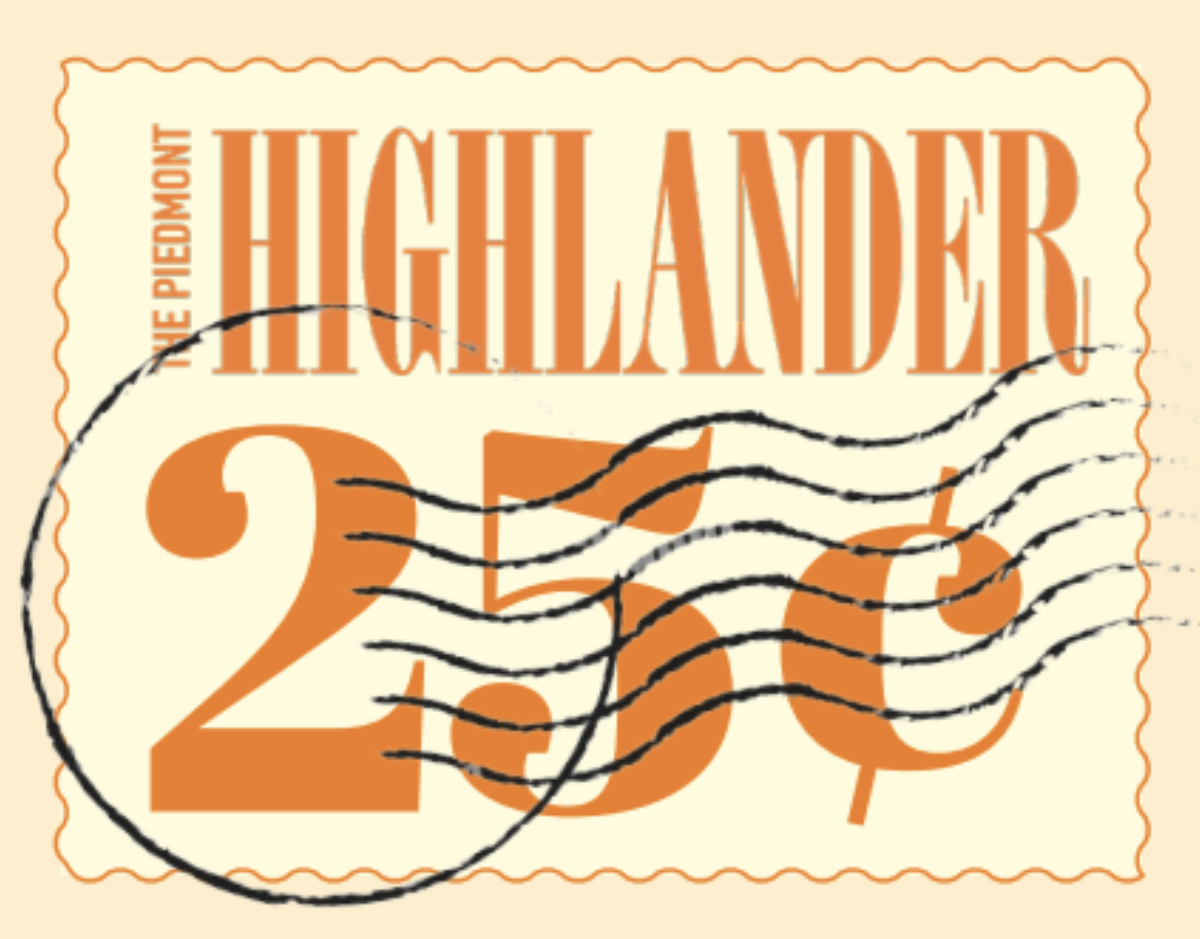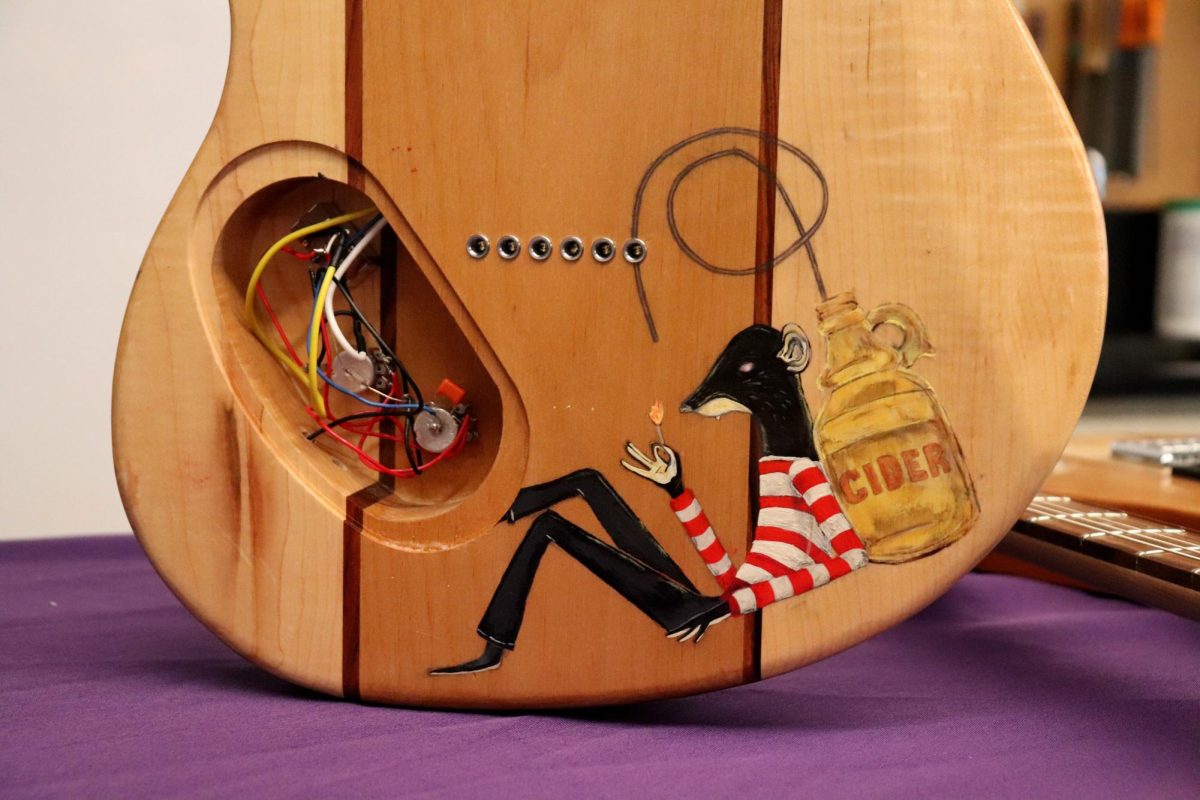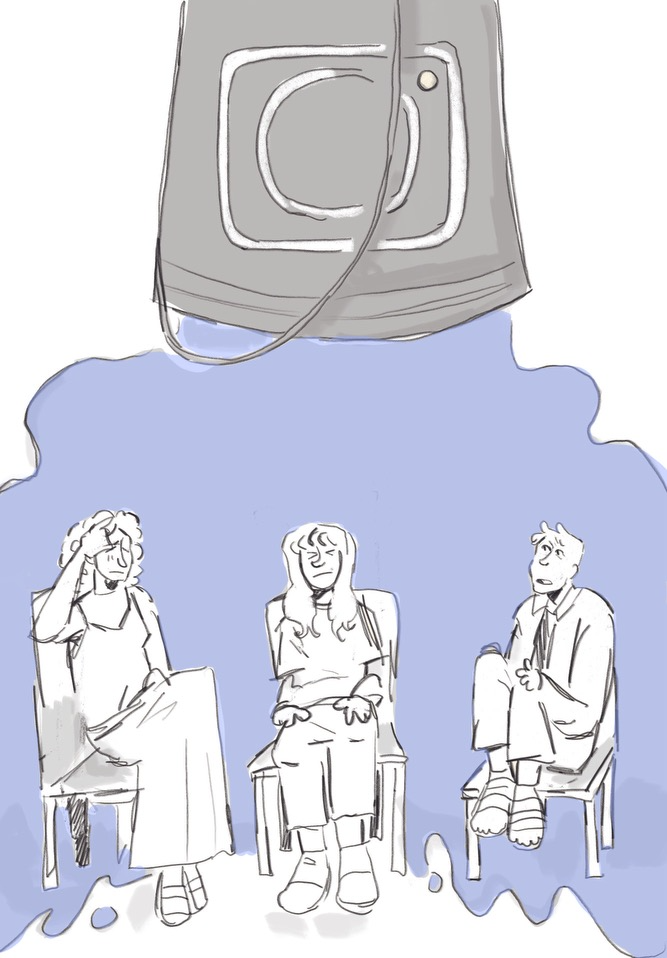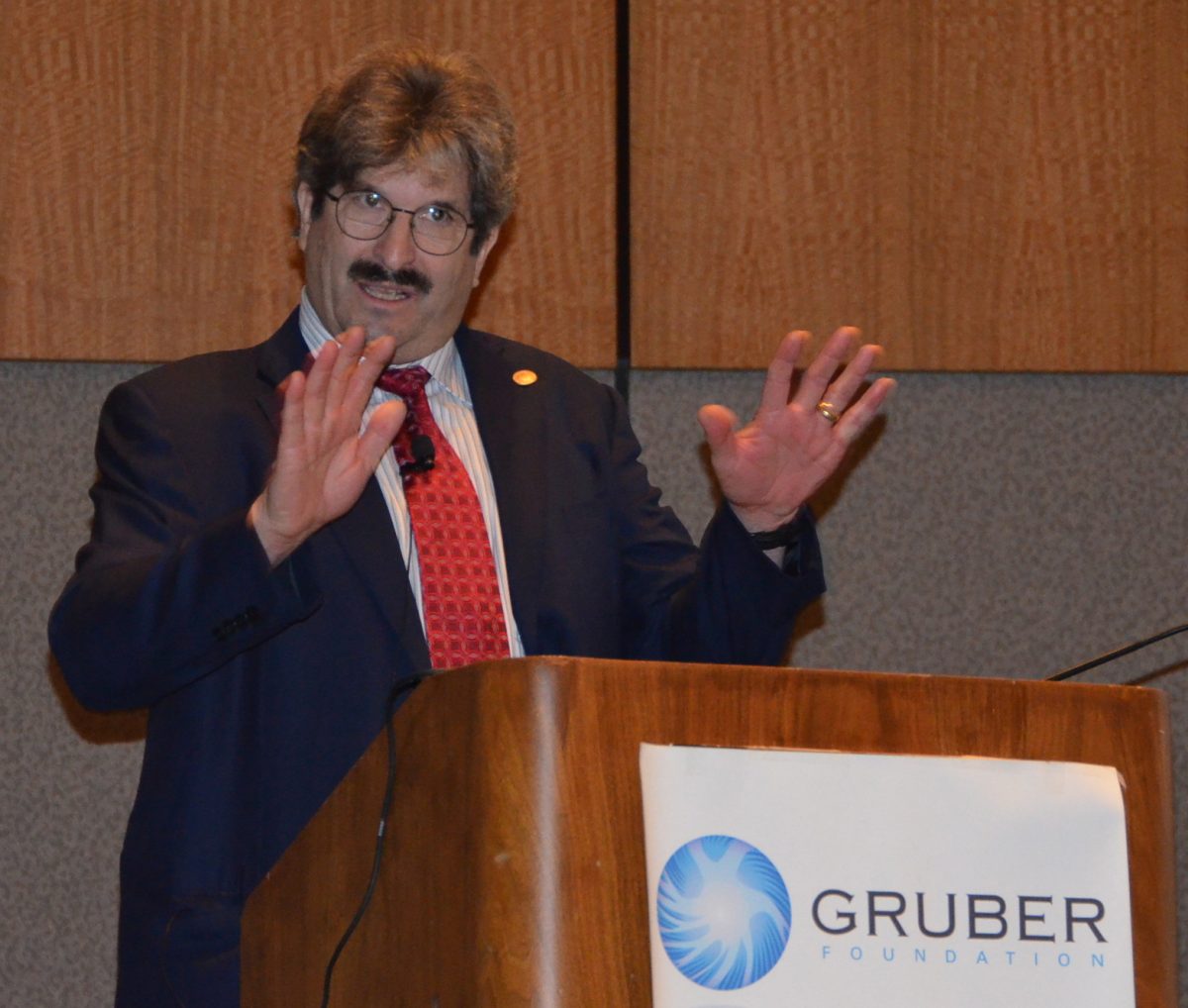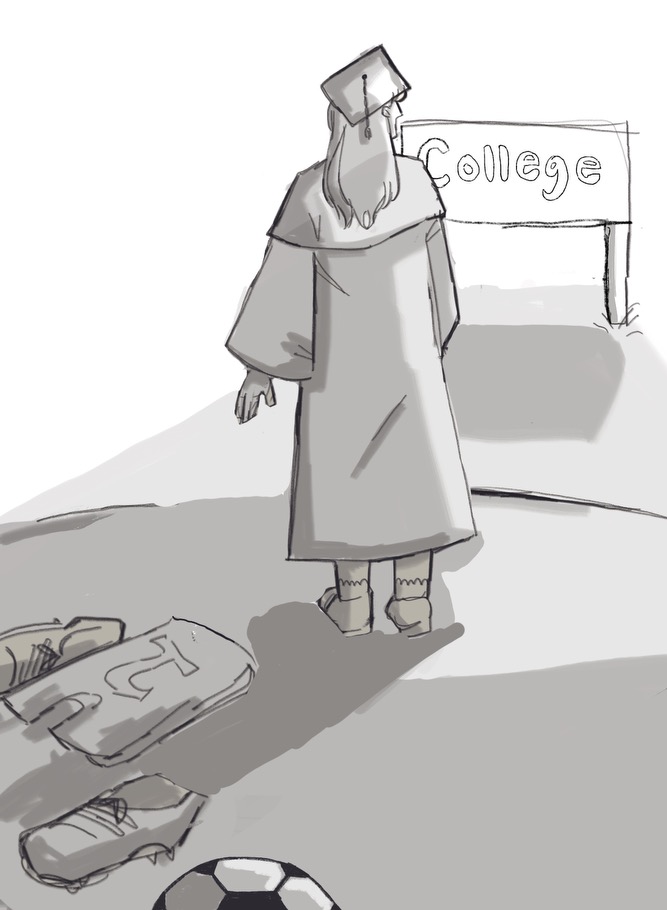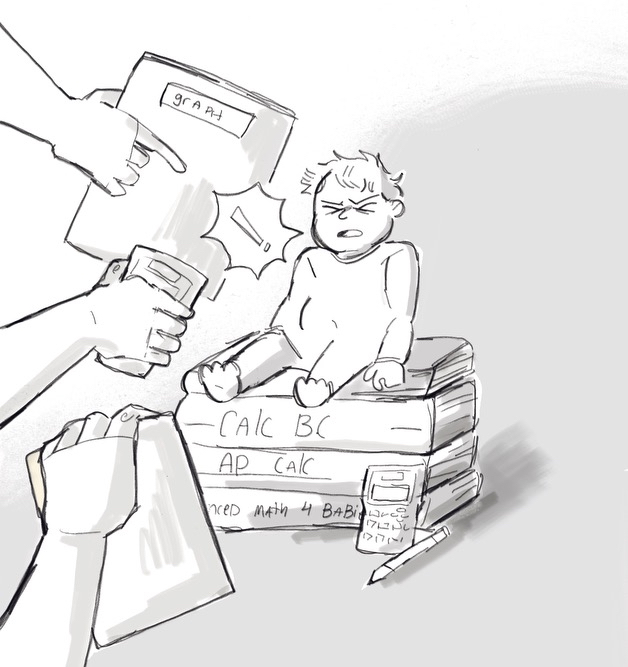The teacher contract, which comes into effect after June 30, 2020, although usually completed at this time, has not been settled. The contract has not been finalized chiefly because of a disagreement between the Association of Piedmont Teachers (APT) and the district (PUSD) over compensation. The APT represents teachers, counselors, and psychologists employed by the district.
“It’s important for people to understand that [the teachers] still have a contract,” said lead negotiator for the APT Gabriel Kessler. “A lot of people think it means that if we did not settle negotiations than we [the teachers] don’t have a contract, but APT and PUSD negotiate contracts that last for three years. The current contract [does not] expire until the end of the 2019-20 school year.”
Every three years, every article in the contract is open for discussion, said Superintendent and main negotiator for PUSD Randall Booker. Then, every subsequent year there are only certain articles that are up for review.
“APT gets to select a few, we [PUSD] get to select a few,” Booker said. “Then we can select some jointly. But the articles that are always open every single year [for negotiations] are salary and welfare benefits.”
PUSD and APT reached tentative agreements on many of the articles that are non-monetary which is very positive, Kessler said. However, they have not yet agreed on compensation.
“APT has made a request for compensation,” Booker said. “The district was unable to meet that request and so we are continuing to negotiate. [We] will start again soon and try to come to some agreements before June 30, 2020.”
The Consumer Price Index (CPI) has increased by 4.5 percent in the Bay Area over the past year, Kessler said. However, the district was only able to offer APT in negotiations a 1 percent compensation increase.
“We’re not [being offered] enough compensation,” Kessler said. “What that would look like over time is changing quite a bit. But if you just take one year in which the CPI for the area is 4.5 percent, at the very least, you would think that [the compensation increase] is going to [be] close to that.”
History teacher Todd Berry said that living in the Bay Area on a teacher’s salary is very stressful.
“I took a pay cut to work here and then moving to a more expensive place – that hurts even more,” Berry said. “Ren and the cost of living is higher here by incredible amounts. So having less money when you need to spend more money causes stress, especially when you are trying to grow a family.”
Additionally, the lack of teacher compensation makes it hard for the district to hire and retain teachers during the current teacher shortage in CA, Kessler said. This is one of the reasons why Kessler believes that PUSD and APT have very similar goals.
“The positive thing is that both APT and the superintendent and his negotiating team all see [teacher retention and economic stability in the Bay Area] as important goals and then want to go one step further,” Kessler said.
Booker said that the main reason why PUSD was not able to meet the APT’s compensation demands was that in order to maintain the current quality of the high school, including seven periods and resources for electives, they do not have enough money left over in the budget. This is mainly due to a lack of state funding. However, there are a couple of different factors that will ultimately determine if they can meet the teachers’ demands for compensation.
The first of which is the closing of the books, Booker said. The closing of the books is when PUSD reviews their spendings for the year to see if they aligned with the original budget.
The closing of the books takes place in September and if they end up having extra money left over it could potentially go toward negotiations, he said. The second factor determining the district’s ability to increase compensation is when PUSD receives an update on state funding.
“It’s called census day,” Booker said. “It takes place on Oct. 1 and is when the state takes a census of how many students [attend school on a] particular day. They do this because we get funded on how many students we have and how often they come to school.”
The percentage of the population of students who attend school on that day is then multiplied by the amount of funding the school would receive from each student, about $8,500 per year, to determine the final state funding, Booker said.
“Then there’s one other rising monumental issue and that’s the parcel tax,” Booker said. “The parcel tax election is in November. There are two measures on the ballot: measure G and measure H.”
The current parcel tax under measure G amounts to about 25 percent of the PUSD budget and is estimated to make about 10.8 million dollars per year, Booker said. It is an eight-year parcel tax, created in 2013, that is in effect until June 30, 2021. Measure H is a companion measure to measure G and will cost property owners 25 cents per building improvements and will generate about 2.6 million annually.
“Those funds [generated by measure H] are entirely for helping the district achieve its goal in having teachers and support staff be in the top quartile [of salaries],” Booker said. “It’s looking to keep our teachers’ salaries competitive with comparable districts.”
Kessler said that measure G is essential to our district.
“Without [measure G] the schools wouldn’t be what we know,” Kessler said. “And yet measure G would only barely keep PUSD at the levels they are now because costs increase every year. [Measure G might not] even quite do that, depending on any major changes to state funding.”
Kessler believes that the parcel tax is a great start, he said. However, he is not sure if it is going to be enough to meet the teachers’ compensation demands in the long run.
“Is it going to meet all the needs?” Kessler said. “Well, the problem is, any tax package like that will raise those funds [available for teacher compensation], but then [the funds] go into teacher pay that is ongoing. So [the tax package] doesn’t keep up with [the pay needs].”
The only way Kessler could see the parcel taxes completely covering the teachers’ needs would be if the taxes were completely reformed, he said. He, however, still views the measure as positive.
“I think it’s incredibly important that we, as teachers, keep a positive relationship with the administration in the district, and vice versa,” Kessler said. “Just because we haven’t settled does not mean we’re not working towards a similar goal. And that goal is to build, sustain, and strengthen a faculty for the purpose of meeting student needs for hiring and retaining high-quality teachers.”

